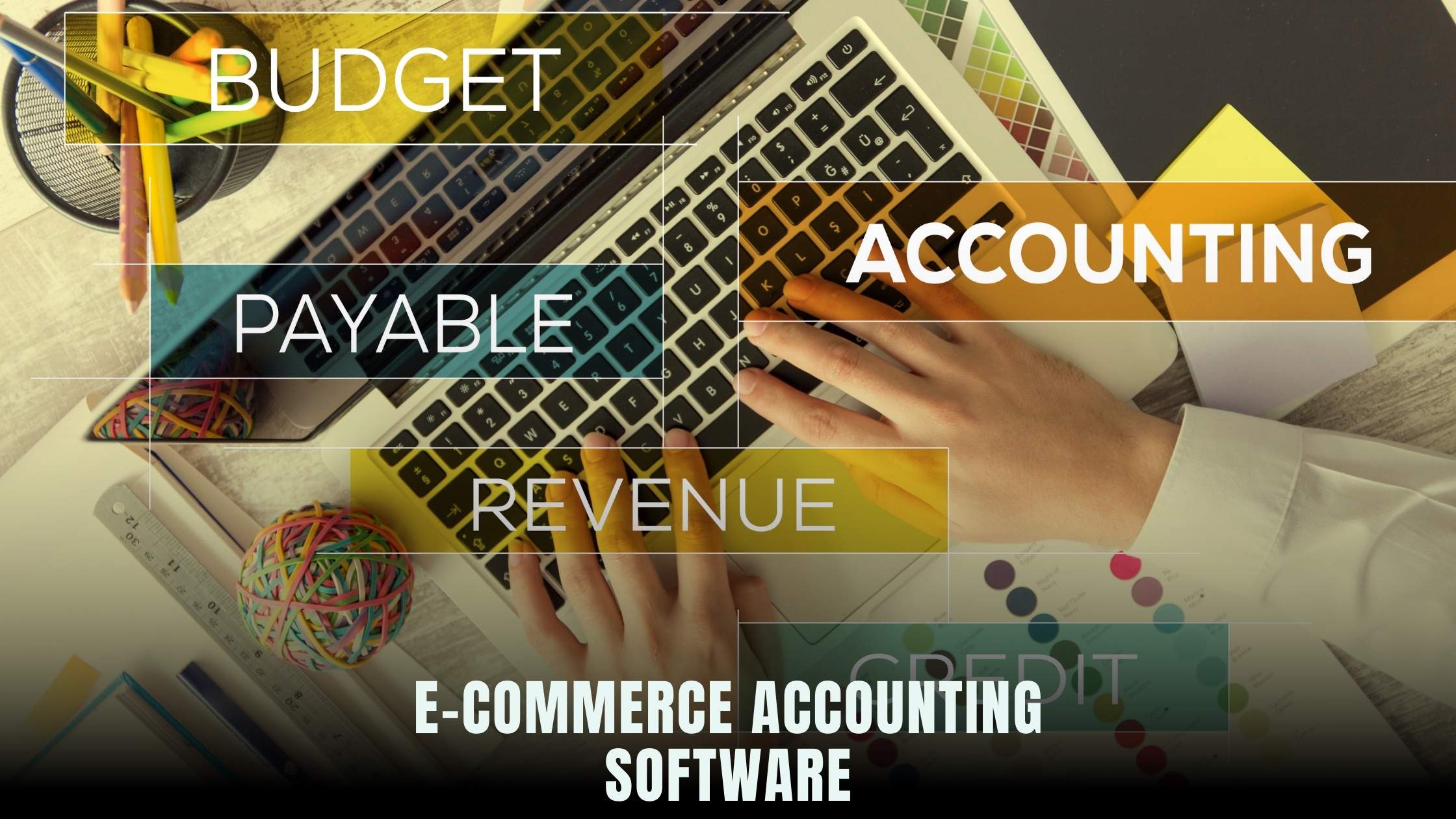E-commerce Accounting Software: Exploring Options
- Expense Management Software Credit Cards Investing Business Solutions


In the bustling world of e-commerce, managing finances efficiently is crucial for the success of online businesses. E-commerce accounting software offers a range of solutions tailored to the unique needs of online retailers, providing streamlined processes for invoicing, inventory management, tax compliance, and financial reporting. This article delves into the world of e-commerce accounting software, exploring options that empower businesses to stay organized, compliant, and financially healthy in the digital marketplace.
Understanding E-commerce Accounting Software
E-commerce accounting software is specifically designed to address the accounting needs of online businesses, offering features and functionalities that cater to the complexities of digital transactions and sales channels. From tracking sales revenue across multiple platforms to automating tax calculations for different jurisdictions, e-commerce accounting software streamlines financial operations and provides actionable insights to drive growth. Let’s explore some key features and benefits of e-commerce accounting software:
1. Multi-channel Integration
E-commerce accounting software seamlessly integrates with popular online sales channels such as Shopify, Amazon, eBay, and WooCommerce, consolidating sales data from various platforms into a single dashboard. This integration simplifies order management, inventory tracking, and revenue reconciliation, enabling businesses to maintain accurate financial records across all sales channels.
2. Automated Invoicing and Payment Processing
Automated invoicing features streamline the billing process for e-commerce businesses, allowing them to generate invoices automatically upon order confirmation and send them to customers via email. Integration with payment gateways enables seamless payment processing, reducing manual effort and ensuring timely collection of payments for goods and services rendered.
3. Inventory Management and Cost Tracking
E-commerce accounting software includes robust inventory management capabilities, enabling businesses to track stock levels, monitor product sales, and manage supplier relationships efficiently. Advanced features such as cost tracking and inventory valuation help businesses analyze product profitability, optimize pricing strategies, and make informed decisions to maximize revenue and minimize costs.
4. Tax Compliance and Reporting
Navigating the complexities of e-commerce taxation can be daunting for online retailers. E-commerce accounting software simplifies tax compliance by automatically calculating sales tax based on customer location, product type, and applicable tax rates. Moreover, built-in reporting tools generate comprehensive tax reports and financial statements, facilitating seamless tax filing and audit readiness.
5. Financial Analytics and Insights
E-commerce accounting software provides powerful analytics tools that offer valuable insights into business performance, profitability, and cash flow. By analyzing key financial metrics such as revenue trends, gross margins, and customer acquisition costs, businesses can identify growth opportunities, optimize resource allocation, and make data-driven decisions to drive long-term success.
Relevant E-commerce Accounting Software Solutions
To cater to the diverse needs of e-commerce businesses, several SaaS providers offer specialized accounting software tailored for online retailers. Here are some notable options worth exploring:
1. QuickBooks Online
QuickBooks Online is a cloud-based accounting solution that offers e-commerce-specific features such as multi-channel integration, automated invoicing, and sales tax management. With its user-friendly interface and customizable reporting tools, QuickBooks Online is an ideal choice for small to medium-sized e-commerce businesses looking to streamline their financial operations.
2. Xero
Xero is another popular accounting software that caters to the needs of e-commerce entrepreneurs. With features such as real-time financial reporting, inventory tracking, and integrations with e-commerce platforms, Xero helps businesses stay organized and compliant while driving growth and profitability.
3. Wave
Wave offers a free accounting software solution tailored for freelancers, entrepreneurs, and small business owners, including e-commerce sellers. While Wave lacks some advanced features compared to paid alternatives, it provides essential accounting functionalities such as invoicing, expense tracking, and financial reporting at no cost, making it a budget-friendly option for startups and sole proprietors.
4. FreshBooks
FreshBooks is a user-friendly accounting and invoicing software designed for service-based businesses, including e-commerce professionals. With its intuitive interface, time-saving automation features, and customizable invoicing templates, FreshBooks simplifies financial management tasks and helps businesses focus on growth and customer satisfaction.
5. Zoho Books
Zoho Books is an online accounting software that offers comprehensive features for e-commerce businesses, including inventory management, order tracking, and automated workflows. With its affordable pricing plans and scalability, Zoho Books is suitable for businesses of all sizes, from startups to established enterprises.
To access exclusive deals and discounts on leading e-commerce accounting software solutions mentioned in this article, businesses can leverage Subscribed.FYI Deals. By signing up for free, users can unlock savings on premium accounting tools, streamline their financial operations, and make informed decisions to drive business growth and success.
Relevant Product Links:








